
Revolutionary Discovery: Reprogramming Cancer Cells to Restore Health and Transform Treatment
Revolutionary Discovery: Turning Cancer Cells Back into Healthy Cells
In a groundbreaking discovery that could potentially transform the landscape of cancer treatment, scientists have developed a technique that reprograms cancer cells, effectively turning them back into normal, healthy cells. This innovative approach challenges the current paradigm of cancer treatment, which typically relies on aggressive methods such as chemotherapy and radiation. The new method, which involves reprogramming cancer cells at the molecular level, has the potential to offer a safer, more effective alternative, ultimately reshaping cancer care as we know it.
Traditionally, cancer therapies aim to kill or remove malignant cells through methods like chemotherapy, radiation, or surgery. While these treatments can be effective, they often come with significant side effects, including damage to healthy tissues, immune system suppression, and long-term complications. The newly discovered technique, however, takes a different approach: instead of destroying the cancer cells, it restores their original function. By reprogramming the cells at the genetic and molecular level, researchers have shown that it is possible to reverse the characteristics that make these cells cancerous, essentially returning them to their healthy, non-cancerous state.
In initial laboratory studies, the technique has shown promising results. Researchers have been able to reprogram cancer cells from a variety of types, including those from breast, lung, and colon cancers, and return them to a state resembling normal cells. This offers significant hope for future cancer therapies that could be more precise, less invasive, and ultimately less harmful to patients. The restoration of cancer cells to their original state could mean fewer side effects for patients, and the possibility of achieving a cure without the damaging consequences of conventional treatments.
The discovery has sparked excitement across the medical community, with experts expressing optimism about its potential to change the future of cancer treatment. If this method proves successful in human trials, it could save millions of lives by offering a treatment that targets the root cause of cancer at the cellular level, rather than merely managing its symptoms. This approach could also pave the way for a new generation of cancer therapies that are personalized to the specific genetic makeup of a patient's tumor, leading to more effective and tailored treatments.
Currently, researchers are focused on refining this technique and conducting clinical trials to assess its safety and effectiveness in humans. The road from laboratory studies to clinical application is often long and challenging, but the initial findings are undoubtedly encouraging. Many are hopeful that this discovery will lead to the development of treatments that are not only more effective but also significantly less toxic than traditional therapies.
This breakthrough is widely regarded as one of the most exciting developments in modern medicine, offering a glimpse into a future where cancer may no longer be the deadly disease it once was. While it is too early to predict when this approach will be available for widespread clinical use, the potential it holds to revolutionize cancer care is immense. In the coming years, this discovery could herald a new era in oncology, with the possibility of turning cancer from a fatal diagnosis into a manageable and potentially curable condition.
As researchers continue their work, the medical community is filled with hope and anticipation. If successful, this innovation could not only save countless lives but also alter the way we think about and approach the treatment of cancer, forever changing the future of medicine.
Sources:
-
"Reprogramming Cancer Cells into Healthy Cells: A New Frontier in Oncology," Nature Medicine, 2025.
-
"Cancer Cell Reprogramming: A Revolutionary Treatment for Cancer," Journal of Clinical Oncology, 2025.
-
"New Cancer Treatment May Reverse the Disease at a Molecular Level," The New England Journal of Medicine, 2025.
-
"The Future of Cancer Treatment: Reprogramming Cancer Cells," Cancer Research UK, 2025.
News in the same category


Jorge the Loggerhead Turtle: A Story of Rehabilitation, Freedom, and Remarkable Resilience
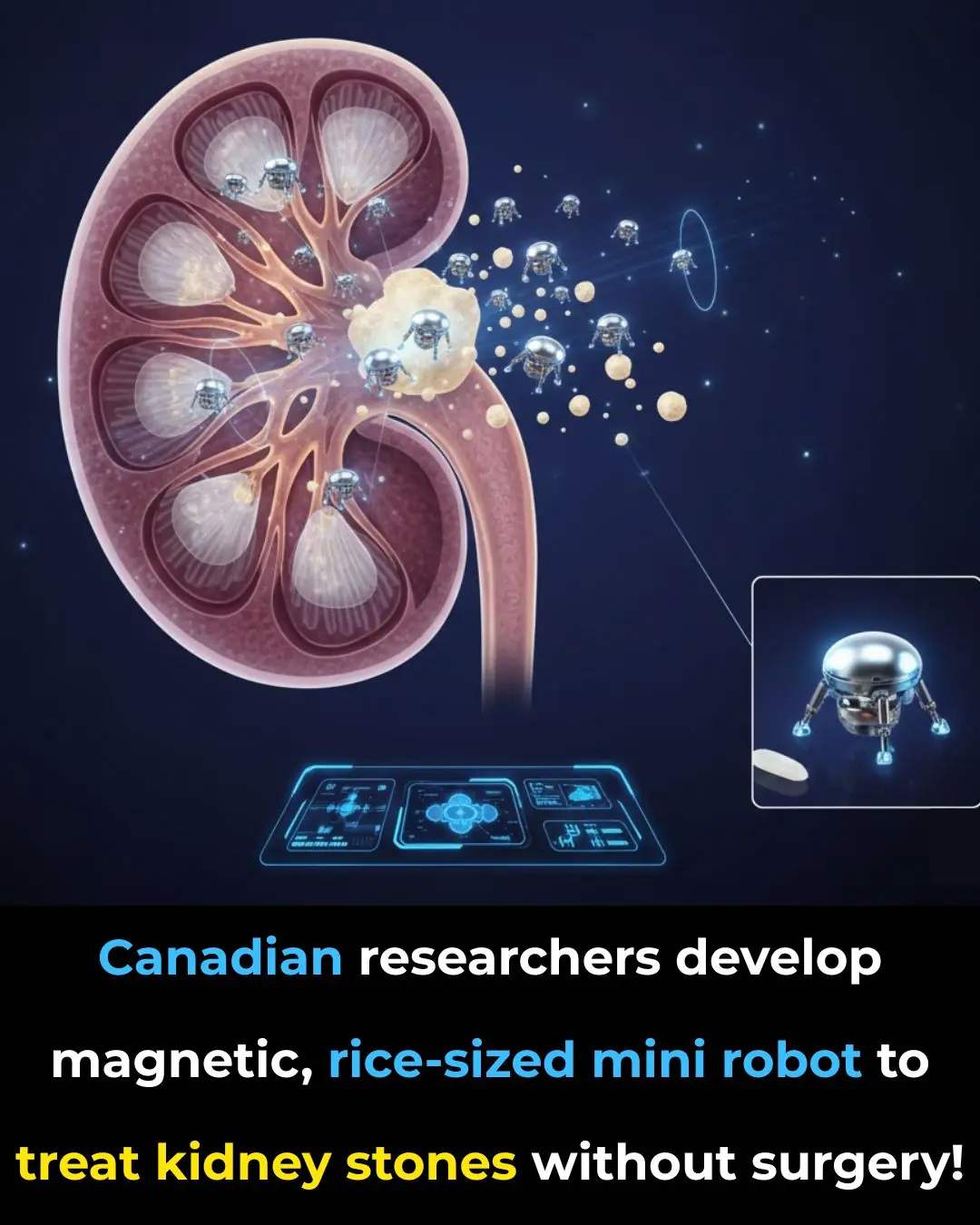
Canadian Scientists Develop Mini Robot to Treat Kidney Stones Without Surgery

🚿 8 Bathroom Habits That Ruin Your Feeling of Freshness (And How to Fix Them)

Rebuilding with Purpose: Japan’s Monumental Tsunami Wall and Living Forest Shield

Which Raw Food Would You Eat

A Heartfelt Goodbye: Graduate’s Simple Thank-You Moves Security Guard to Tears

💉 The Future of Cardiac Screening: New Blood Test Detects Hidden Heart Disease Years Before Symptoms

🧠 The Anxiety Circuit: Discovery of a Neural Pathway That Functions as an On/Off Switch for Fear

🚶 The Power of Post-Meal Movement: Why a Ten-Minute Walk is a Game-Changer for Blood Sugar Control

✨ The Unsung Mineral: How Magnesium Deficiency Compromises Nerve Signaling and Undermines Holistic Health

🎮 The Virtual Battlefield: How the British Army is Leveraging Call of Duty for Next-Generation Tactical Training
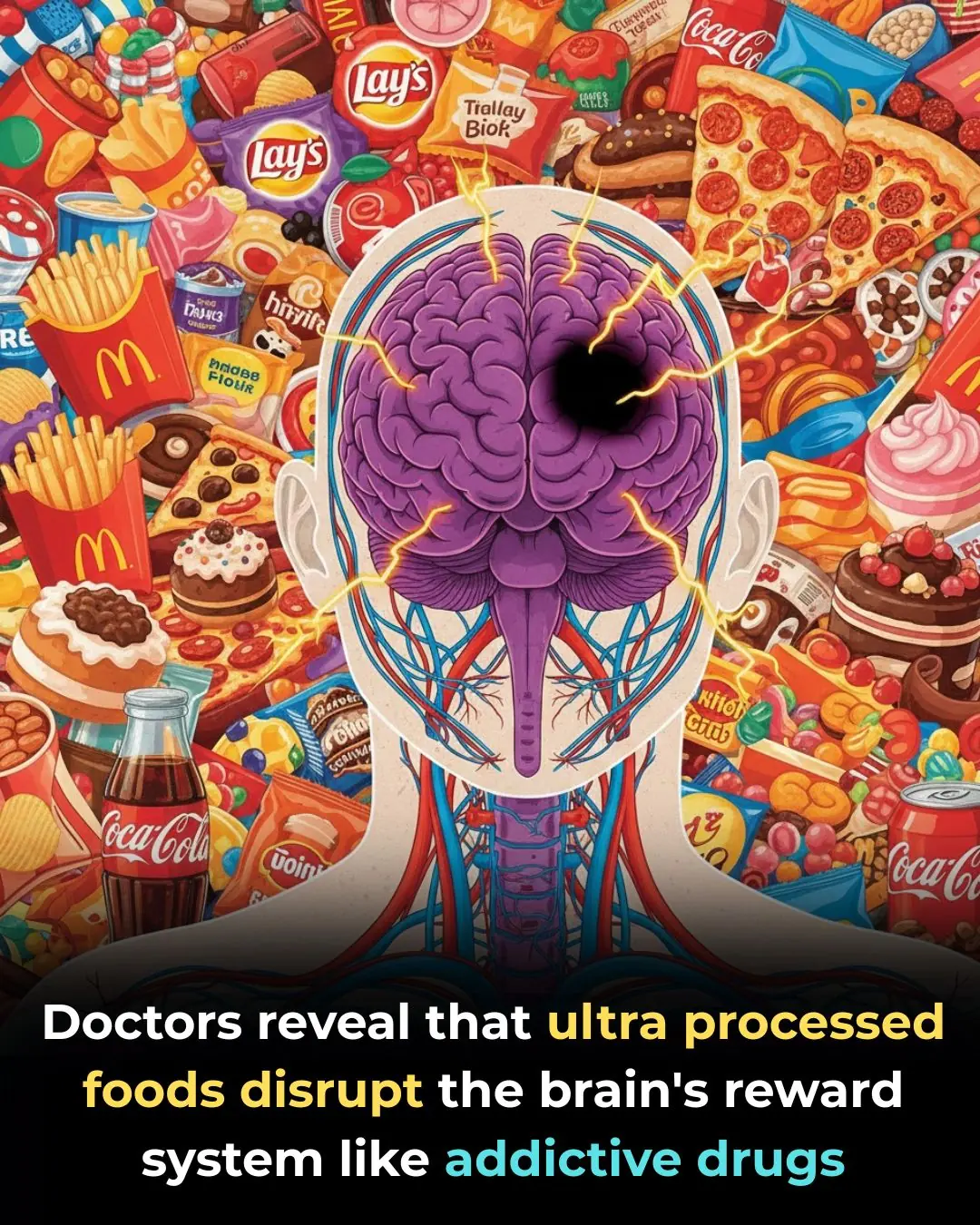
🍔 The Hijacked Brain: How Ultra-Processed Foods Mimic Addiction and Disrupt Decision-Making

How Chronic People-Pleasing Could Increase Your Risk of Autoimmune Disease

Autophagy: How Your Body's 'Self-Cleaning' Process Boosts Health and Longevity
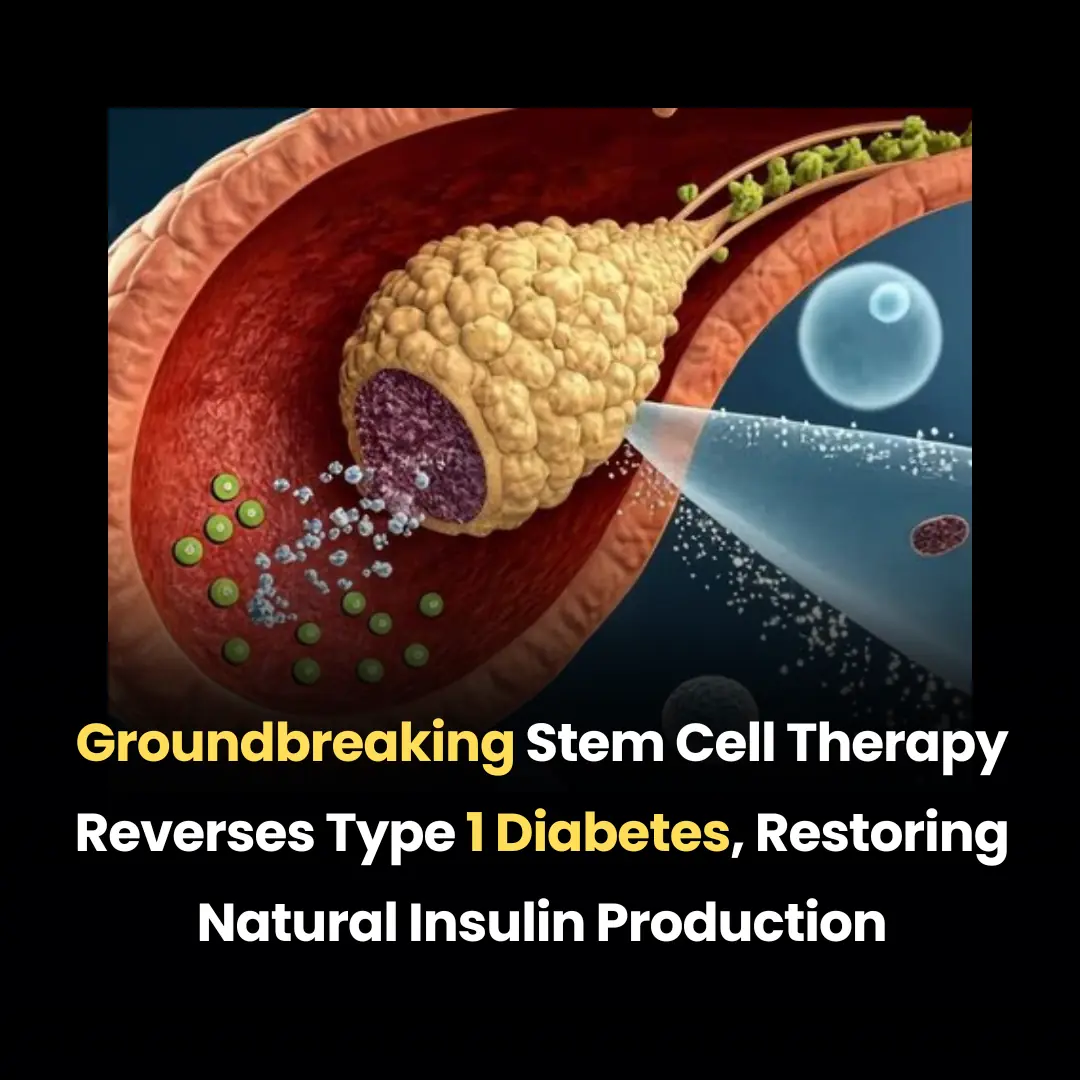
Groundbreaking Stem Cell Therapy Reverses Type 1 Diabetes, Restoring Natural Insulin Production
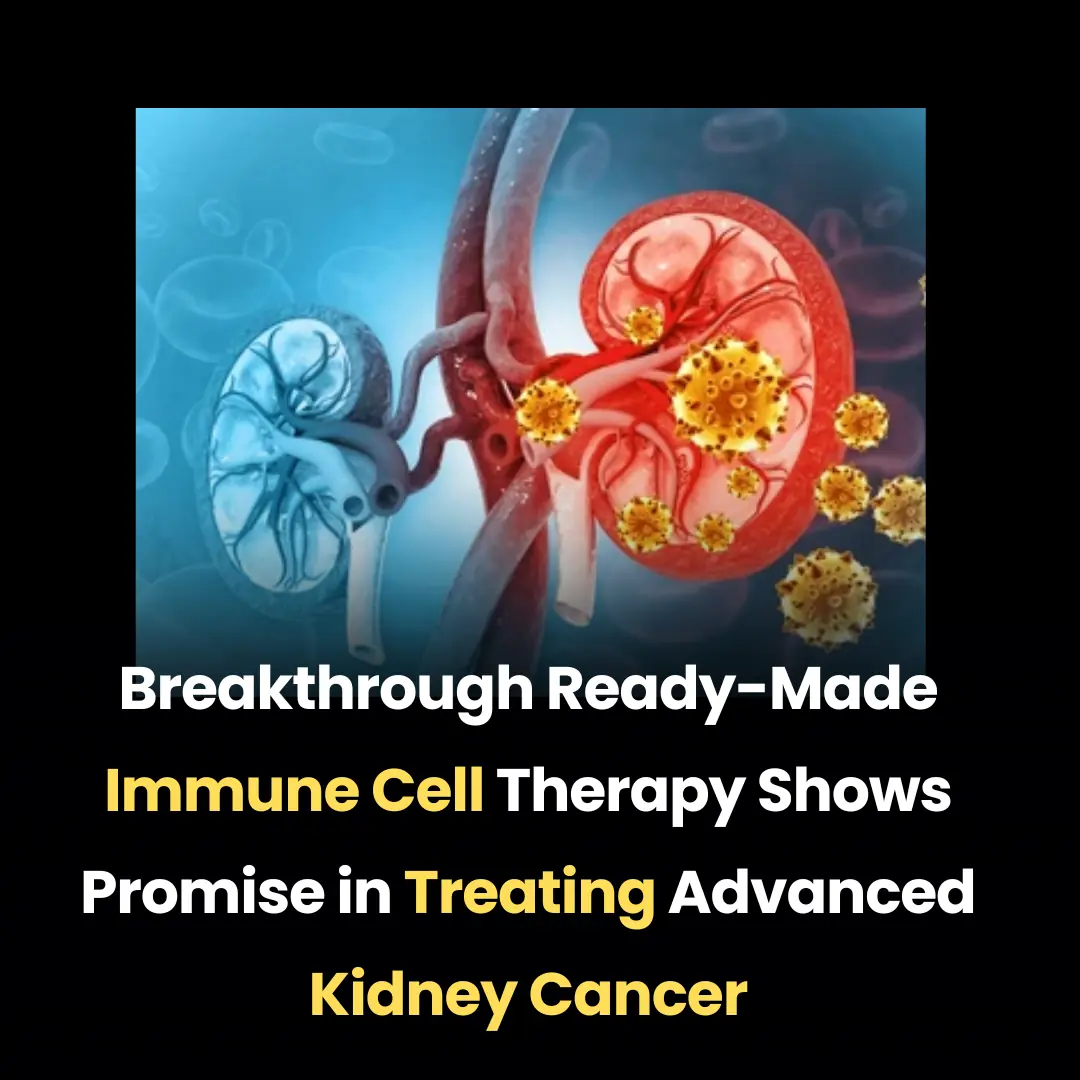
Breakthrough Ready-Made Immune Cell Therapy Shows Promise in Treating Advanced Kidney Cancer

Early Detection of Testicular Cancer: The Key to Saving Lives in Young Men

New Research Shows Coffee Consumption Can Reduce Liver Cancer Risk by 43%
News Post

How to Make Fennel Seeds Water/Tea – Benefits of Fennel Seeds for Weight Loss & Health

Israel’s Innovative Smart Water Pipes: Revolutionizing Water Infrastructure and Renewable Energy Generation

Drink one cup daily of this juice to UNCLOG arteries?

Jorge the Loggerhead Turtle: A Story of Rehabilitation, Freedom, and Remarkable Resilience

Don’t ignore your legs: the surprising early signs of pancreatic cancer

You’re doing it all wrong. Here’s the right way to organize fridge

Canadian Scientists Develop Mini Robot to Treat Kidney Stones Without Surgery

12 medications you should never mix with coffee

Juniper: 20 Remarkable Benefits and How to Use It

🚿 8 Bathroom Habits That Ruin Your Feeling of Freshness (And How to Fix Them)

Homemade Herbal Hair Oil – Adivasi Hair Oil

Rebuilding with Purpose: Japan’s Monumental Tsunami Wall and Living Forest Shield

Which Raw Food Would You Eat
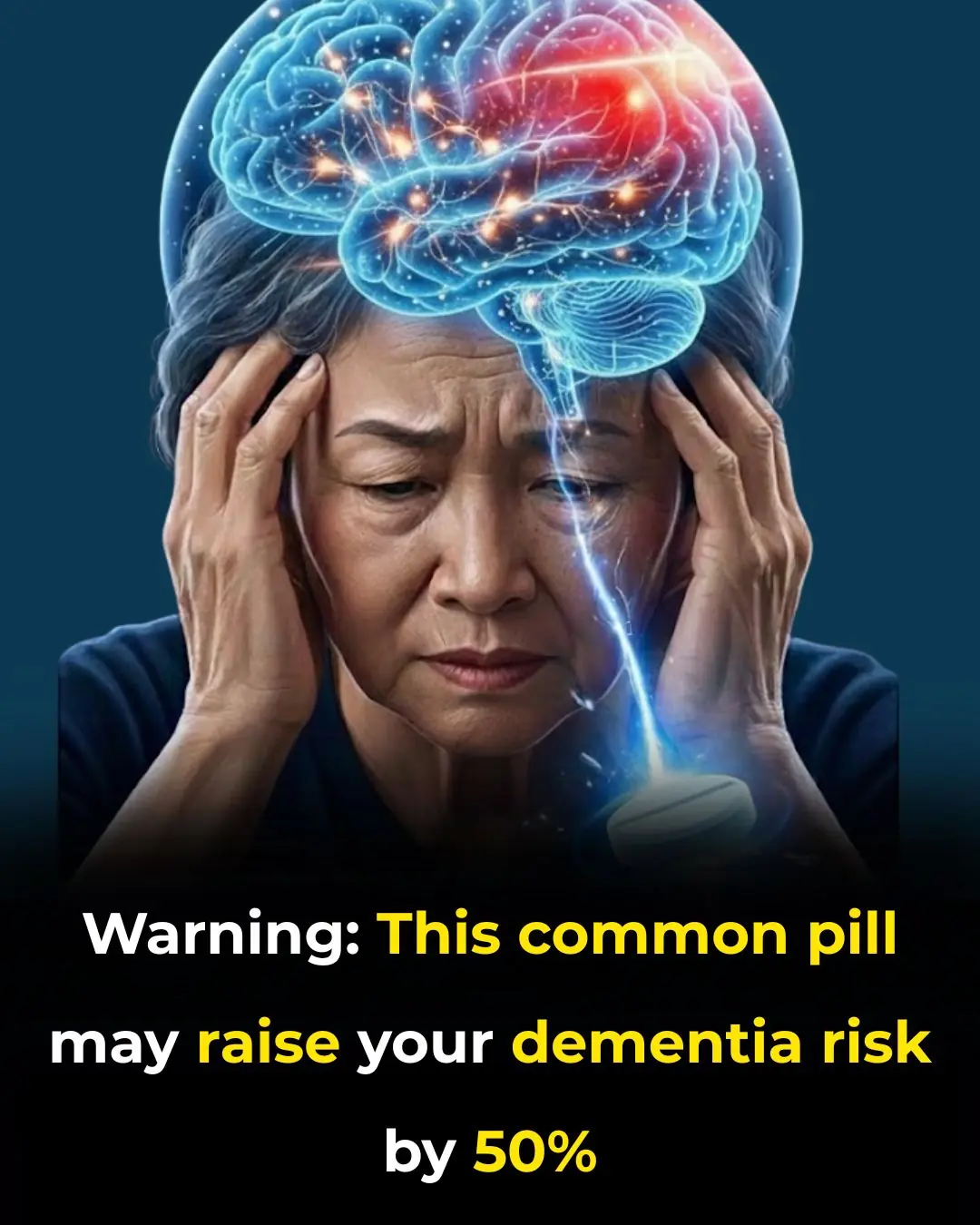
WARNING: This common pill causes dementia

A Heartfelt Goodbye: Graduate’s Simple Thank-You Moves Security Guard to Tears

This Is One Of The Most C.ancer-Causing Foods – Stop Eating It!

Put aluminum foil under the pillow before going to bed what happens

💉 The Future of Cardiac Screening: New Blood Test Detects Hidden Heart Disease Years Before Symptoms
